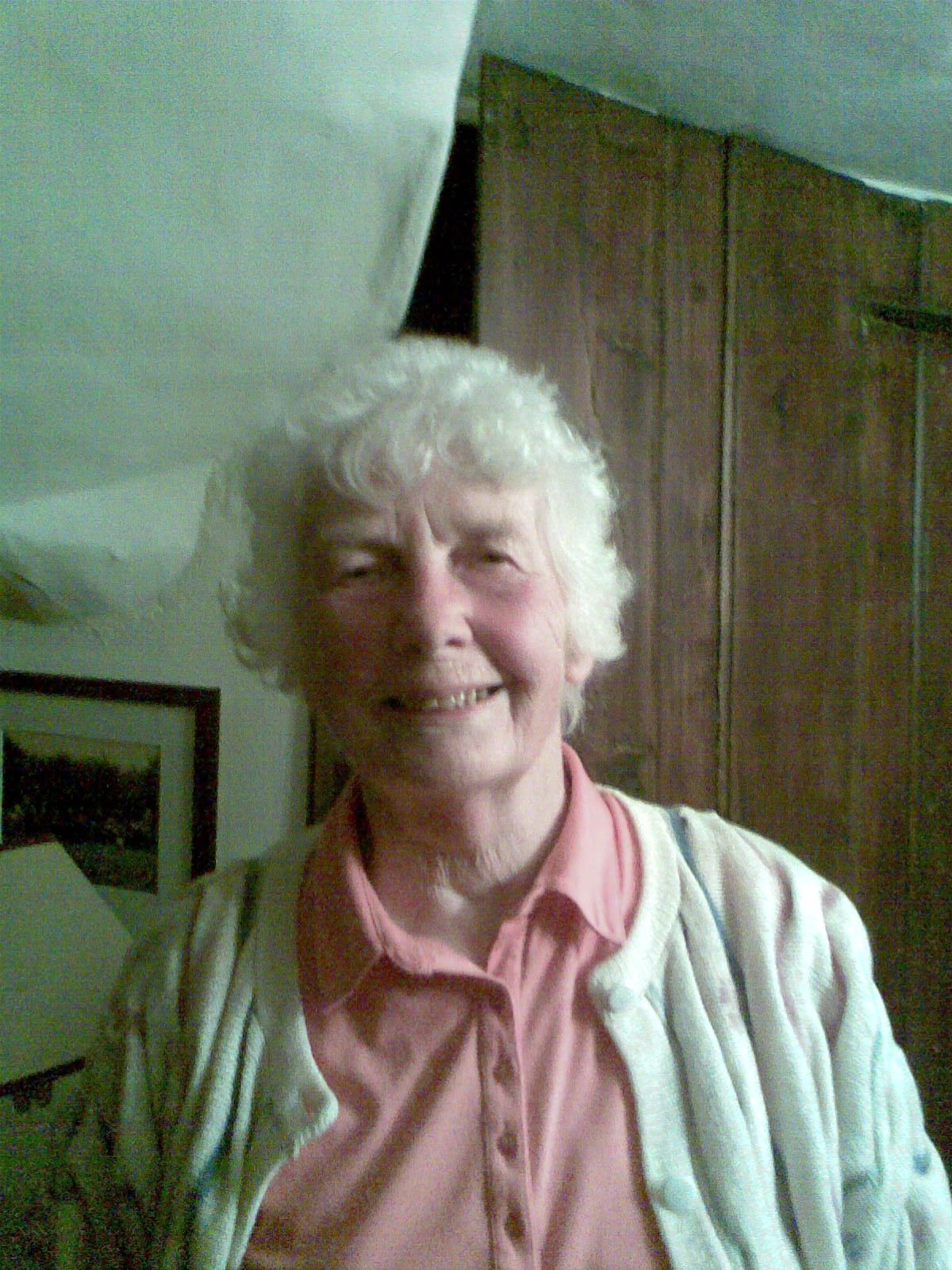
One of my favourite writers is the late Robert B. Parker who wrote some of the best pulp fiction I know. (He was also a Professor of English literature at North Eastern University and wore his genius lightly!) His main character is a private eye called Spenser and his companion in arms, Hawk. They spend their time asking all those unanswered questions that people do, and don’t, want answering. Some of the time he will ask questions on behalf of his client. Sometimes he will ask questions because “Truth” demands it. Sometimes the two are compatible. Sometimes not. I suppose the maxim “To thine own self be true.” could have been written for him. (And many another!)
I’m nearly at the end of yet another reading of a Spenser novel “Back Story” (No Exit Press: 2003) about an investigation into a murder that took place nearly 30 years beforehand. In this case the request comes from Spenser’s adopted son, Paul, on behalf of his current girlfriend. She has a story about her idyllic childhood that was cut short when her mother was killed in a bank robbery. Her hope is that if the killer can be found, she will have closure. So Spenser agrees to do what he can. Inevitably this means that he discovers that the girl’s past was far from idyllic. Equally inevitably, he will follow the unravelling story to its end. Almost regardless of how much emotional, and physical, mayhem he leaves behind him. But, as Susan Silverman, Spenser’s “significant other” and a psychotherapist puts it “You have no way to know until you get to the end, what the end is going to be.”
The chart above is more commonly used with physical pain but could just as well be used with psychic pain. I was recently asked to describe what it was that I do as a psychotherapist. “How do you work?” I was asked. I could have launched into a long and technical description involving the role of the id, the ego and the super ego. From there I could have moved on to the idea of object relations theory and concluded with a tour of transference and counter transference phenomena. This might have impressed him. But I doubt it. My reply was to quote Freud’s dictum that the point of psychoanalysis is to change neurotic misery into ordinary unhappiness. The caller laughed and we arranged a first meeting.
To return to Spenser. In “Back Story” Spenser says to someone “Do you know who I am?” “Sure” comes the reply. “You’re the guy who asks all the unanswered questions.” He might have added “And all the unasked questions.” That sums up my work. I try to ask all the unanswered questions along with all the unasked ones. I ask these questions as an equivalent to the pain chart above. They help me find the what the psychoanalyst Bob Hinshelwood described as ‘the point of maximum pain.” When we know what this might be, the way is clearer to begin work on pain relief and healing. Wherever that might take both of us.
Don't give up








